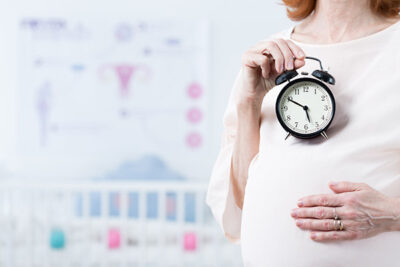Perimenopause and menopause can mark a difficult period for women and people with a uterus, and many find that hormonal changes and fluctuations affect sexual desire and function as well as relationships.
The transition through perimenopause and into menopause most often takes place between the ages of 45 to 55, though this can vary. Some individuals are “forced” into menopause early, either via a complete hysterectomy, as part of a treatment regime for certain cancers, or if they undergo hormonal gender reassignment.
Many people find themselves experiencing these hormonal changes alongside other life stages and changes, and the impacts of perimenopause and menopause are exacerbated by caring responsibilities, relationship breakdown, having teenage children, career and financial stress, and retirement planning.
If you are struggling with perimenopause or menopause, please see your GP. Symptoms can be managed so that their impact on your life is minimised.
Watch a great video about talking to your GP about menopause.

 You do not need to suffer in silence, and there is no victory in trying to battle menopause without support. There are many treatments available to reduce the symptoms of menopause, including:
You do not need to suffer in silence, and there is no victory in trying to battle menopause without support. There are many treatments available to reduce the symptoms of menopause, including: Pregnancy is possible during perimenopause, although periods might become less frequent or even stop temporarily. However, this does not mean that ovulation is not taking place, which means you can still get pregnant.
Pregnancy is possible during perimenopause, although periods might become less frequent or even stop temporarily. However, this does not mean that ovulation is not taking place, which means you can still get pregnant.